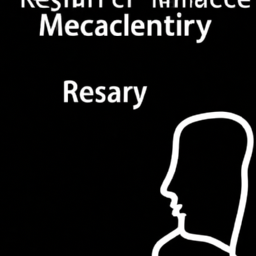Broad Social-Media Policy Doesn’t Preclude Unemployment Benefits
In a recent ruling, the Nebraska Supreme Court affirmed that a worker fired for allegedly posting vulgar comments wasn’t disqualified from getting state unemployment benefits despite the employer’s broad social media policy. This ruling serves as a reminder to employers that having a broad social media policy does not necessarily preclude an employee from collecting unemployment benefits.
In this case, an employee was fired from their position after they allegedly made a vulgar post on their personal social media account. The employer had a broad social media policy that prohibited employees from posting anything that would be detrimental to the company’s business operations. The employee filed for unemployment benefits, and the employer argued that the employee was ineligible due to the social media policy.
The Nebraska Supreme Court disagreed with the employer’s argument, finding that the employee was not disqualified from collecting unemployment benefits. The Court reasoned that the employee’s post, although vulgar, did not have any direct negative impact on the employer’s business operations. Therefore, the employee’s post was not a violation of the employer’s social media policy and did not disqualify the employee from collecting unemployment benefits.
This ruling serves as an important reminder to employers that having a broad social media policy does not necessarily disqualify employees from collecting unemployment benefits. It is important for employers to remember that in order to deny an employee unemployment benefits, the employee must have violated a specific rule or policy. If the employee did not violate a specific rule or policy, then the employee may still be eligible for unemployment benefits.
Furthermore, employers should be mindful of the impact of their social media policies on their employees. Having a broad and vague social media policy can be viewed as overly restrictive and can be detrimental to employee morale. A better approach is to have specific and clear policies that are tailored to the employer’s needs and that are easily understood by the employees.
In addition, employers should consider implementing an employee training program on social media. This can help to ensure that employees are aware of the employer’s social media policy and understand the consequences of violating the policy. This can help to prevent employees from inadvertently violating the policy and potentially being disqualified from receiving unemployment benefits.
Overall, this ruling reminds employers that having a broad social media policy does not necessarily preclude an employee from collecting unemployment benefits. Employers should ensure that their policies are tailored to their specific needs and that employees are properly trained on the policies. This can help to ensure that employees understand the consequences of violating the policy and can help to prevent employees from inadvertently violating the policy.



